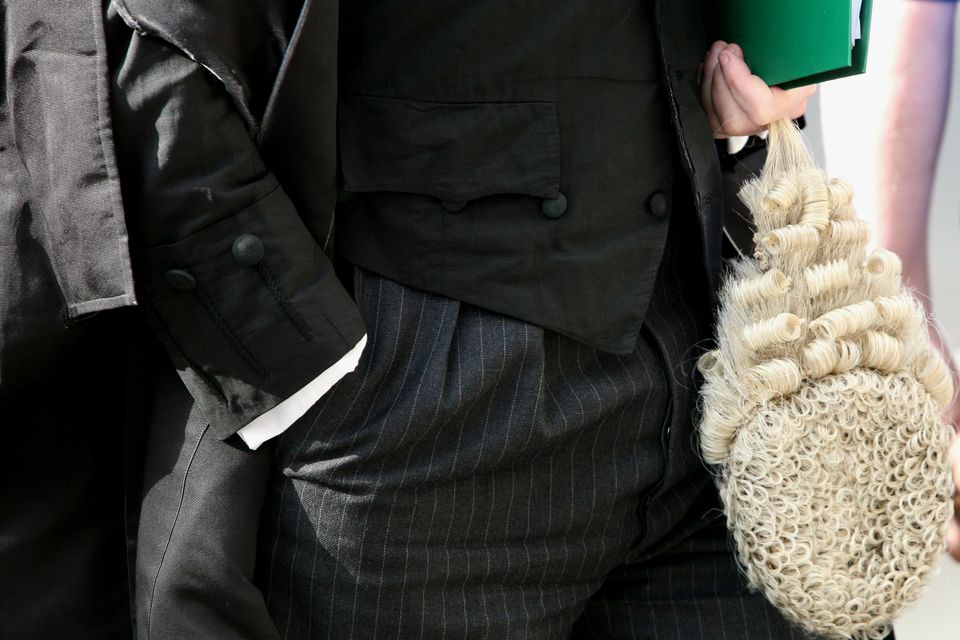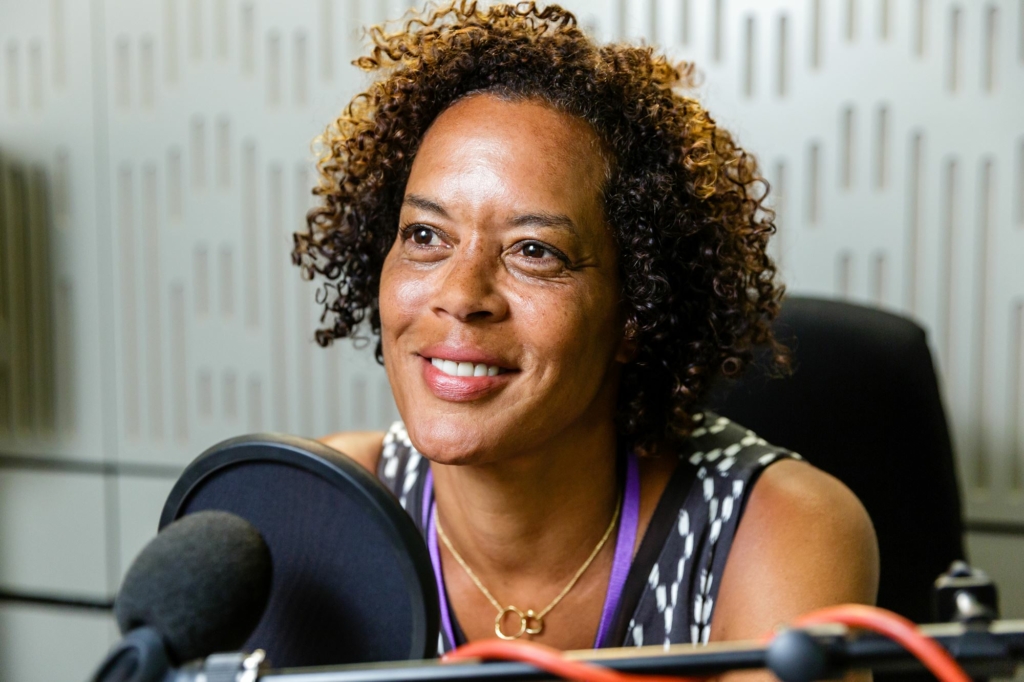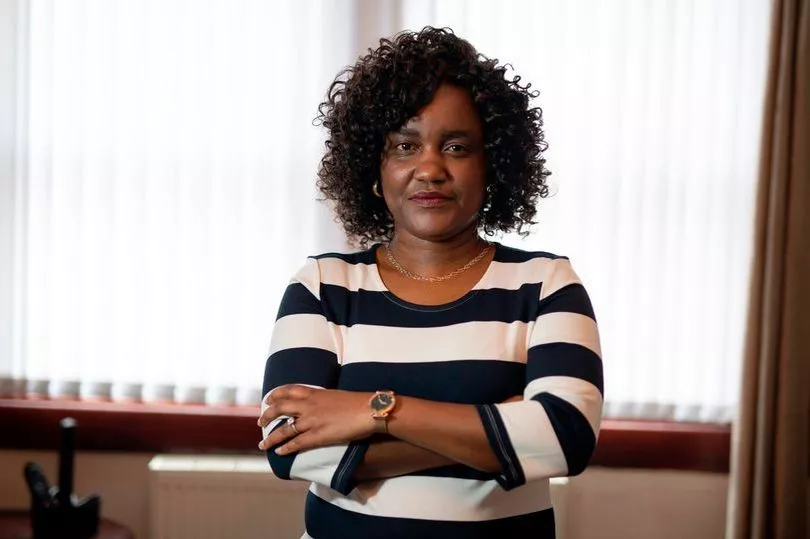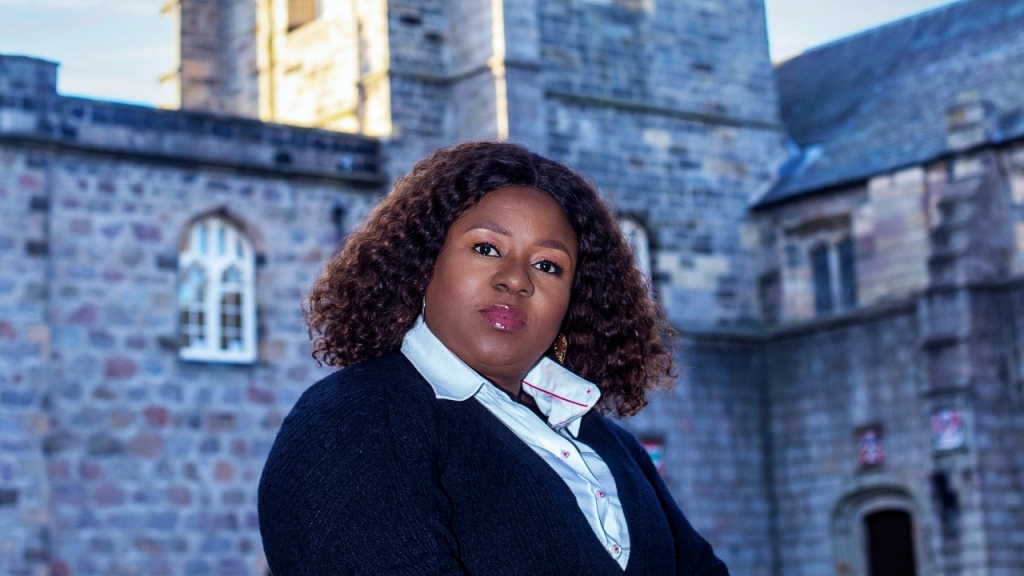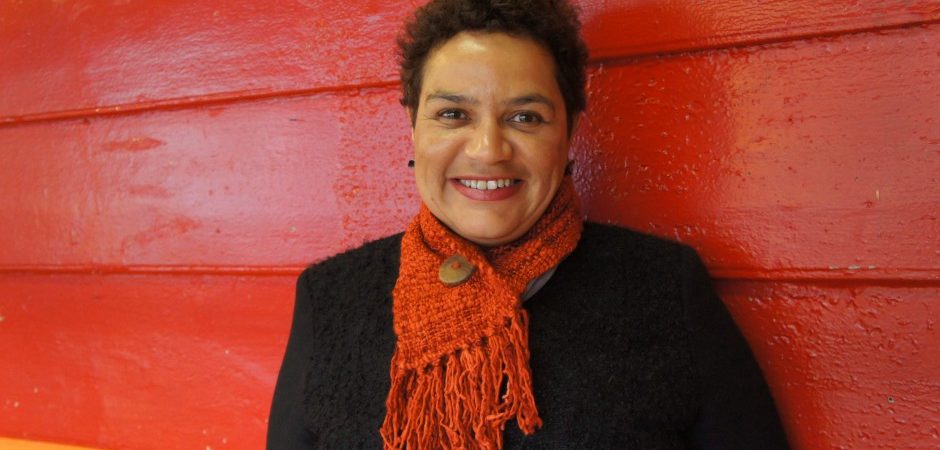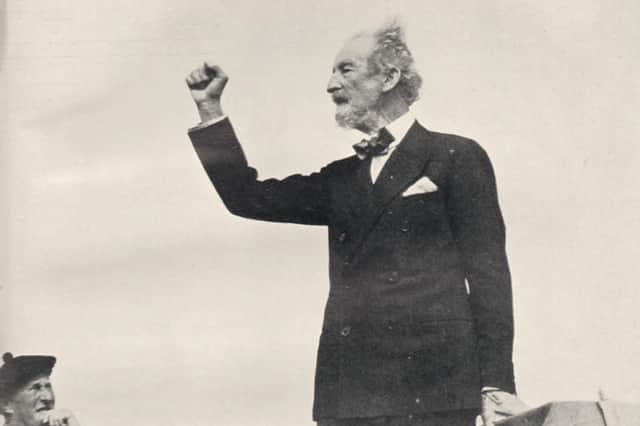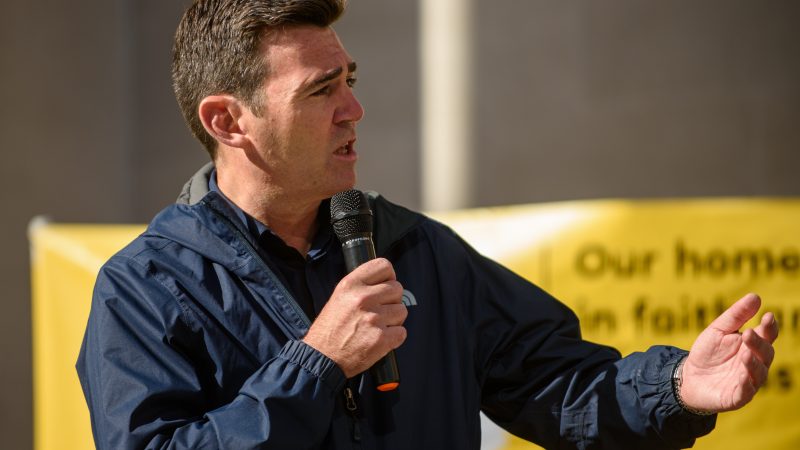Nadia El Nakla said she had barely slept after receiving a panicked 1am call from her parents, who are visiting a sick relative in the war-torn area. She told Sky News about the toll the constant panic is having on them.
Connor Gillies
Scotland correspondent @ConnorGillies
Sunday 15 October 2023

The wife of Scotland's First Minister Humza Yousaf has told Sky News the Foreign Office is working hard to negotiate her parents' escape from Gaza but she is "not comforted" by the chance of success.
The US has been trying to broker a deal to reopen Egypt's Rafah Crossing with Gaza to allow foreigners to leave and humanitarian aid to be taken in.
The border was closed because of airstrikes early in the war. Foreign Secretary James Cleverley said it is proving "incredibly difficult" to allow people through.
Nadia El Nakla said she had barely slept after receiving a panicked 1am call from her parents who are visiting a sick relative in the war-torn area.
Ms El Nakla told Sky News she and her husband, the SNP leader, had fallen asleep moments before they were alerted about a possible imminent strike on the Gaza property where her parents are staying. It turned out to be a false alarm.
Israeli forces have positioned themselves along Gaza's border, besieging the territory, ahead of what Israel says will be a broad campaign to dismantle the Hamas militant group.
Ms El Nakla, who is an SNP councillor, told Sky News her relatives were in ongoing talks with the Foreign Office.
She said: "The negotiations are happening. They said to me that, look, it's personal for them. They have stuff there and it's they desperately want people out.
"But the negotiations are ongoing. And as much as I truly believe that it's not a comfort to myself, I just want them out there as soon as possible."
Read more on Sky News:
Scotland's FM makes tearful plea over family in Gaza
Live updates on Israel-Hamas wa
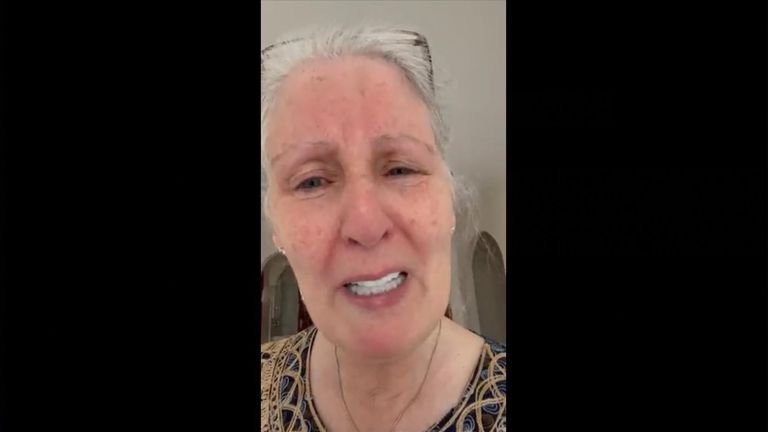
Humza Yousaf's mother-in-law 'trapped' in Gaza
'That feeling of helplessness is really poignant'
Mr Yousaf's wife talked about the toll the constant panic is having on them.
She said: "My mum called at like 1am. The minute I heard Humza say 'it's your mum' I just immediately felt sick and she was just crying and she said: 'We've left the house, we don't know where we're going.'
"What was really difficult was they're very much asking me what they should do and I don't know what to do to keep them safe. So that feeling of helplessness is really poignant right now."
Earlier on Sunday the SNP conference passed an emergency motion, which calls on the UK government to back United Nations demands for a humanitarian corridor to be set up, allowing people to leave and for aid to get into the territory to "mitigate the human tragedy unfolding in Gaza".
The statement said the SNP "unequivocally condemns the terrorist attacks by Hamas, calls for the unconditional release of all the hostages and recognises the right of Israel, in commons with all nations, to protect itself from terror".
Family members 'having to say goodbye as if it's the last time'
Ms El Nakla told the SNP's conference in Aberdeen that her family members are saying goodbye to each other "like it's the last time" as civilians in Gaza are ordered to evacuate the north.
"Families like mine are having to move and they are having to say goodbye to each other as if it's the last time," she said.
"My dad yesterday - when we hoped he would leave - said goodbye to my grandmother for what we thought was the last time. Every person in Gaza is waiting to die."
Ms El Nakla told the conference an "unimaginable horror" was unfolding, adding that "every person in Gaza is waiting to die".
She added: "No food, no water, no electricity. We are seeing an attack on humanity and my heart feels like it is starting to turn to stone.
"Gaza is being obliterated like never before."
Ms El Nakla used her speech to call on the UK and world leaders to "give the children of Gaza a chance of life".
"Instead of sending spy planes, the UK should be sending supplies," she told the conference.
She added: "We are not watching a natural disaster, this can be stopped.
"This can only happen when the world leaders use diplomacy, instead of weaponising, and strive for peace over war."
Mr Yousaf embraced his wife after she spoke to the conference and then wiped away tears.
In an interview with Sky's Beth Rigby earlier this week, a tearful Mr Yousaf said he felt "powerless" to protect his family.
